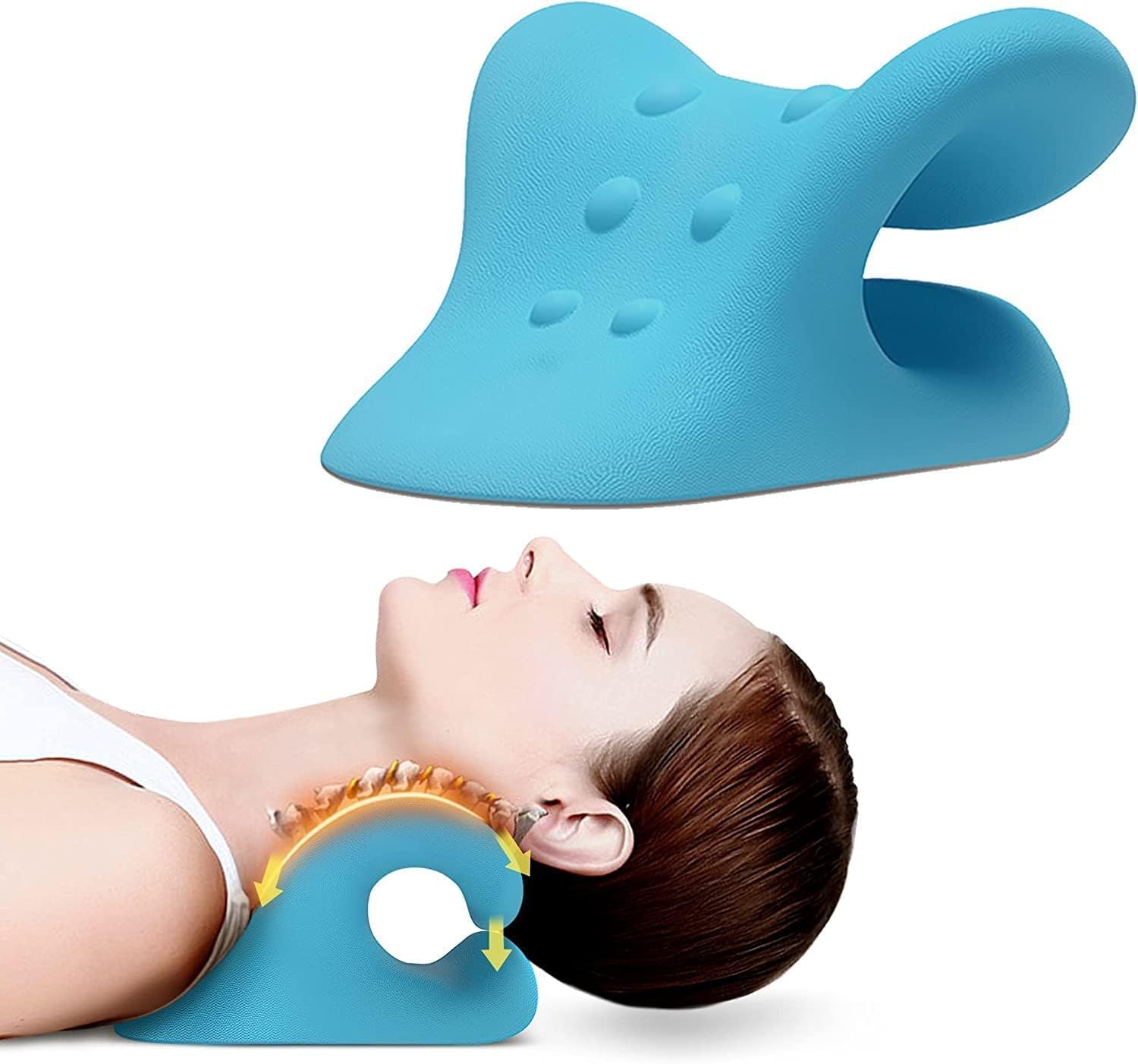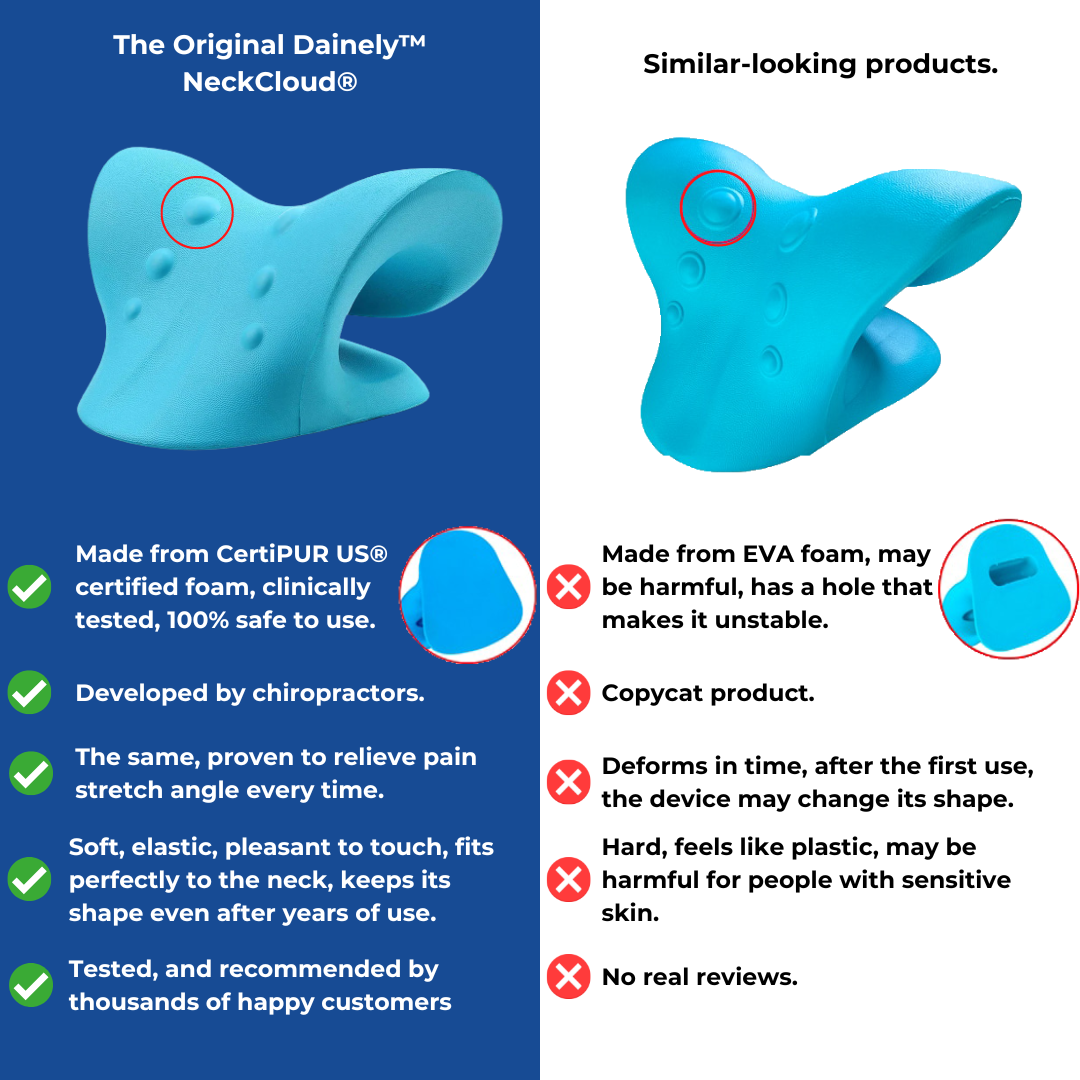The Influence of Anxiety on Neck Discomfort: Strategies for Lowering Tension and Pain
In today's busy globe, it's no secret that tension has ended up being a widespread factor in the onset and exacerbation of neck pain. Join us on a journey to unwind the effect of anxiety on neck discomfort and uncover effective ways to minimize pain and improve general top quality of life.
Recognizing Stress-Related Neck Discomfort
Neck discomfort is an usual grievance that can frequently be associated to anxiety. Stress-related neck pain can materialize as tension, rigidity, or pain in the neck and shoulder location. The link between stress and anxiety and neck pain depends on the body's physiological reaction to tension, which can result in muscle tension and rigidity in the neck muscular tissues. Persistent stress and anxiety can bring about consistent neck discomfort and worsen status quo like cervical spondylosis or muscular tissue pressures.

Identifying Common Stress Areas
Often experienced by individuals under stress, tension locations in the body can provide beneficial insights right into the physical manifestations of emotional stress. One usual tension location is the neck, where stress often materializes physically. Tension frustrations, stiff neck muscular tissues, and restricted series of motion prevail symptoms of stress-related neck stress. The shoulders are another typical location where tension collects. Stress can trigger the muscular tissues in the shoulders to tighten, bring about discomfort and pain. Additionally, the top back is susceptible to stress accumulation, specifically in individuals who experience persistent stress. Poor pose and long term sitting can aggravate tension in this field. The jaw is likewise an usual location for stress-related tension, as lots of people squeeze their jaw or grind their teeth when emphasized. Knowing these usual stress areas can help individuals acknowledge the physical indications of stress and anxiety and take actions to resolve them prior to they escalate into chronic pain or pain.
Executing Leisure Strategies
To properly take care of stress-related tension in the body, implementing relaxation techniques is important. Relaxation methods are useful devices for lowering neck discomfort created by tension. Deep breathing exercises can help calm the mind and loosen up stressful muscular tissues in the neck and shoulders (neck cloud). Exercising mindfulness meditation can also be useful in reducing anxiety and promoting leisure. Modern muscle leisure, where you methodically tense and afterwards loosen up different muscle teams, can release built-up tension in the neck area. In addition, activities like yoga exercise and tai chi integrate both physical movement and leisure, making them efficient methods for reducing stress and anxiety and neck discomfort. Taking regular breaks throughout the day to stretch and relax can protect against muscle mass stiffness and stress from collecting. By incorporating these leisure techniques right into your everyday regimen, you can assist take care of tension levels, lower tension in the neck, and relieve discomfort related to stress-induced neck pain.
Incorporating Self-Care Practices
Integrating self-care techniques is vital for keeping overall wellness and handling stress-related neck discomfort effectively. Participating in routine physical task, such as mild extending workouts or yoga exercise, can aid ease stress in the neck and shoulders. Exercising good stance throughout the day and taking frequent breaks from prolonged sitting or screen time can also avoid stress on the neck muscles.
Moreover, prioritizing appropriate sleep and developing a regular rest routine can contribute substantially to minimizing tension degrees and promoting leisure. Producing a soothing going to bed routine, such as reading a book or taking a warm bath, can help prepare the mind and body for peaceful rest. Furthermore, preserving a balanced diet abundant in nutrients and remaining moisturized can support overall wellness and lower swelling that may exacerbate neck pain.
Including mindfulness methods, such as deep breathing exercises or meditation, can aid handle tension and promote leisure. Taking time for oneself, involving in pastimes, and setting borders to secure personal time are also vital elements of self-care that can add to reducing stress and anxiety and reducing neck pain.
Looking For Professional Aid
Exactly how can individuals effectively attend to consistent neck discomfort that is affecting their day-to-day live and health? Seeking specialist aid can be a crucial step in managing and easing neck pain. Consulting with healthcare professionals such as chiropractics physician, physiotherapists, or orthopedic professionals can supply important understandings and tailored treatment plans. These experts can carry out comprehensive evaluations to detect the underlying root causes of neck pain and suggest ideal treatments.
Chiropractic specialists specialize in spinal control strategies to improve positioning and Visit Website lower stress in the neck area. Physical therapists provide targeted stretches and workouts to reinforce muscular tissues, improve flexibility, and improve general neck feature. Orthopedic professionals can offer sophisticated medical interventions such as injections or medical options for severe cases of neck pain.
Conclusion

Stress-related neck pain can materialize as tension, tightness, or pain in the neck and shoulder location. The connection between tension and neck discomfort exists in the body's physical feedback to stress, which can result in muscle tension and tightness in the neck muscle mass. Stress migraines, tight neck muscular tissues, and restricted range of motion are common signs and symptoms of stress-related neck tension. By incorporating these leisure strategies right into your day-to-day regimen, you can aid take care of anxiety degrees, lower stress in the neck, and Website ease pain connected with stress-induced neck pain.
